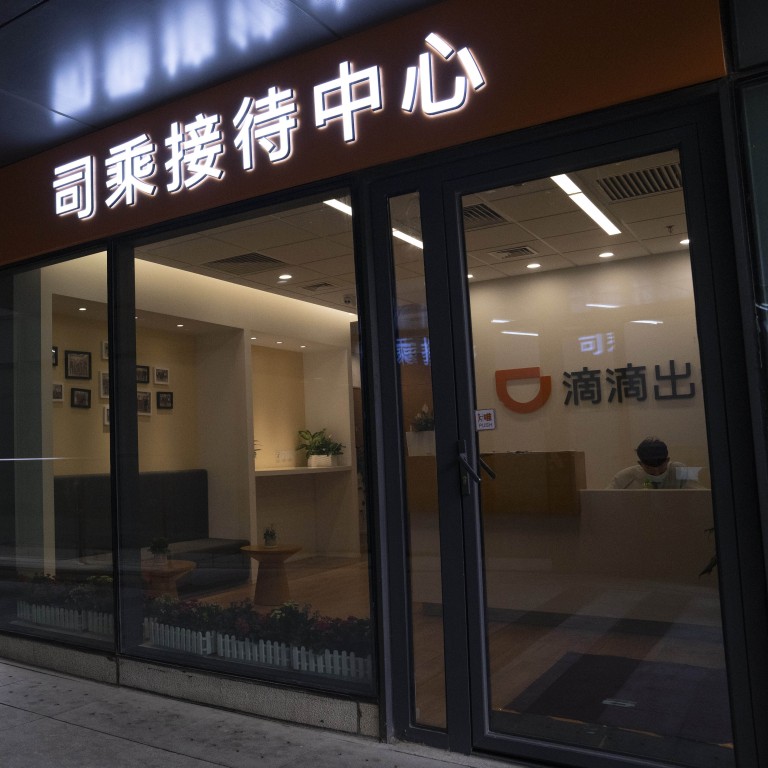
Didi Chuxing’s ride-hailing orders fall in August as Beijing’s data security investigation starts to bite
- Ride-hailing orders for Didi fell 21.1 per cent in August from the previous month
- That marked a steeper decline than the Chinese ride-hailing industry’s overall 17.2 per cent decrease in the same period
China had 245 licensed ride-hailing platforms at the end of August, according to data from the transport ministry. Among 18 apps with more than 300,000 orders in August, only three operators recorded a lower growth rate than Didi in August.

07:30
Why China is tightening control over cybersecurity
Didi, which did not immediately reply to a request for comment on Friday, has not provided any operating data since publishing its US listing prospectus in June.
Among 18 major ride-hailing platforms with 300,000 orders or more in July, Didi’s services were poorly rated for compliance issues, according to data from the transport ministry. It also said Didi’s main app ranked 13th and its budget ride-hailing unit Huaxiaozhu was ranked 17th in terms of regulatory compliance.
Didi challengers see a window of opportunity amid regulatory issues
The ministry said last week that it will conduct talks with authorities in cities with poor compliance records, including Yinchuan, Dalian, Beijing, Kunming and Shijiazhuang.
While the government’s cybersecurity investigation into Didi has now stretched to more than 50 working days, there has been no official update on the matter.
“I feel Didi is losing its edge to its competitors,” said a ride-hailing driver in Beijing surnamed Liu, who uses multiple platforms, including Didi, Yangguang Chuxing and others. “It dispatches fewer orders on its platforms compared to the good old days before it was under investigation, so I am only taking orders on other apps nowadays.”

